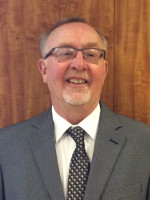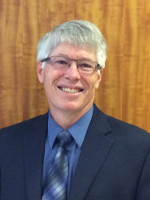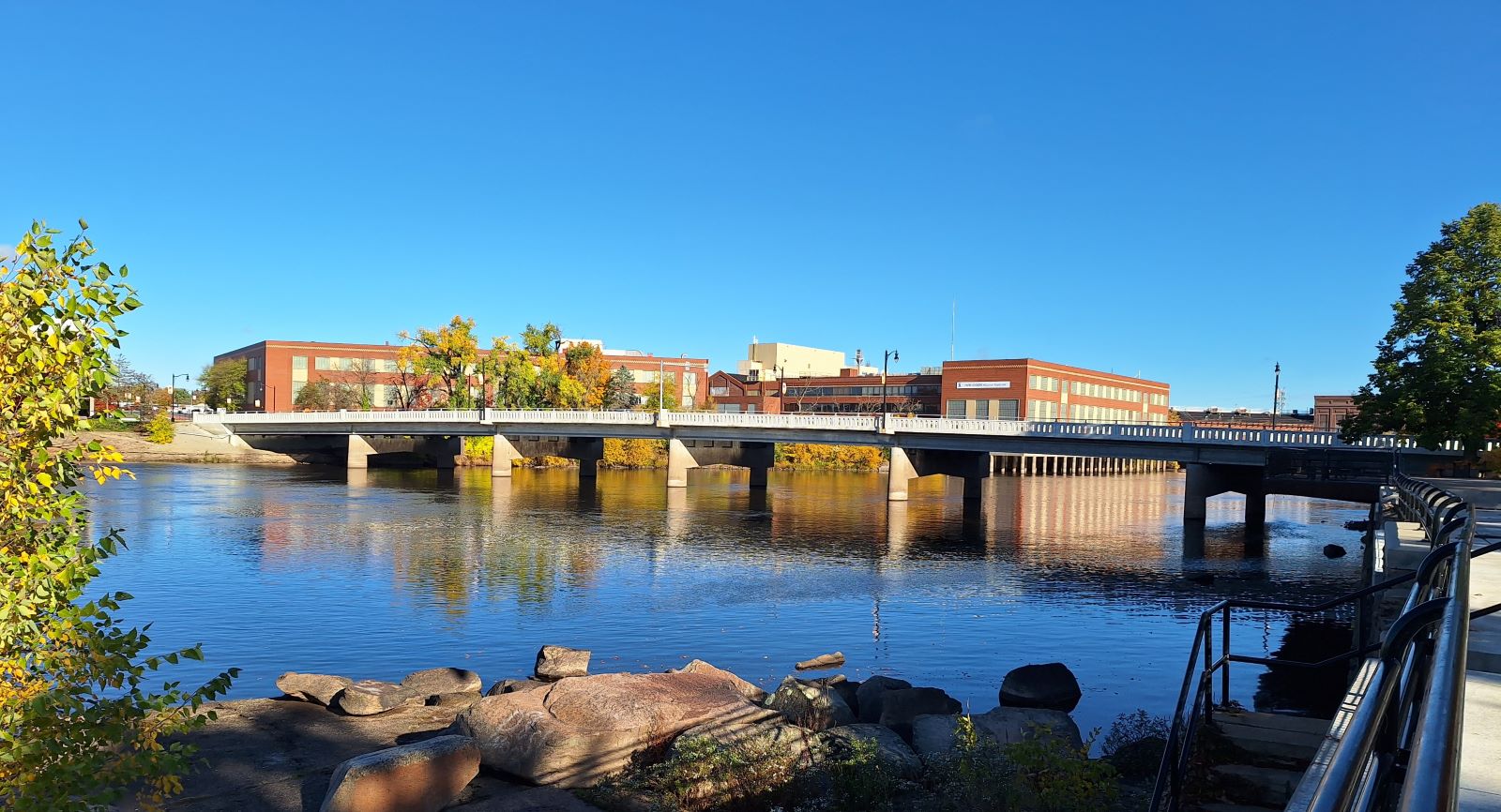Wisconsin Rapids, Wis (WFHR, WIRI)
Bill Leichtnam and Lance Pliml sat down with James Malouf on Mid-day Magazine to discuss the importance of clean drinking water in our community. Lance Pliml is Chair of the Wood County Board of Supervisors. He said having clean water is an imperative factor to quality of life when families are choosing where to live.
Who is Bill?

Bill Leichtnam is the Chair of CEED. That stands for Conservation, Education, and Economic Development Committee. Bill is Chair of The Citizens Water Group of Wood County. He’s also Chairman of a six county collaborative Juneau, Adams, Wood, Waushara, Portage, and Marquette called Counties Collaborative. Bill has served five terms on the County Board and ran on a platform of protecting our water. He spoke in great detail about the presentation happening in March and how important it is to the future of clean water in our area.
Presentation on March 18th
The Future of Clean Drinking Water in the Central Sands presentation will take place on March 18 at 6pm at McMillan Library. There will be four panelists speaking at the presentation. A question and answer segment will follow conducted by The League of Women Voters of the Wisconsin Rapids Area.
Presenters who will speak at the discussion on clean drinking water
Dr. Kraft
Dr. George Kraft is Professor Emeritus of Water Resources at UW Stevens Point and Extension. As a researcher and hydrogeologist, he’s studied widespread nitrate and pesticide pollution. He’s been studying these issues since the 1970s. His discussion will focus on nitrates and related item pesticides.
Melessa Johnson
Melessa is the former director for Solid Waste Management in both Portage and Marathon Counties. She’s the executive director of Wisconsin Green Fire. They’re a non-profit that’s dedicated to conserving and preserving our natural resources. Melessa will be talking about PFAs and PFOs.
Ben Jeffrey, RS
Ben is the Environmental Health Supervisor for the Wood County Health Department. He serves in that capacity for Adams and Juneau Counties as well. He’s examining data collected over the past six months, specific to Wood County, related to PFAs in our drinking water. A group of student interns collected the data from smaller communities like Vesper, Pittsville, etc., asking what they do to look for PFAs in municipal water supplies.
Mayor Katie Rosenberg
Mayor Rosenberg has worked tirelessly to remove PFAs from the drinking water supply in Wausau. Katie and the City Council were able to secure 17.5 million dollars from the federal government to build a water treatment plant that can remove and process PFAs. Wausau is the first city in the state to implement this kind of treatment plant for PFAs.

The future of water in our state
Lance Pliml said he hopes people will come away from the presentation with some knowledge of what they can do to help. It’s better to be proactive than reactive when it comes to clean drinking water. But it’s also good to know what we need to do to react to the issue of PFAs as we learn more about how it’s affecting our clean water.
Clean water statistics in Wisconsin
Bill said one-sixth of the population in Wisconsin drinks water from rural private wells. There’s no requirement for owners to test their wells. It’s your responsibility to be sure you have clean drinking water. Municipalities are required to test their water for nitrates. According to the UW-Madison Wisconsin Water Library, seven in 10 people in Wisconsin and 97 percent of the state’s inland communities depend on groundwater for their water supply. Bill shared that in 2017, Wisconsin is ranked 11th worst among the 50 states for drinking water. In 1999, 14 of 611 municipal systems had nitrates over the federal limit. In just 13 years, that number had risen to 47 of 611.
Link to interview and Wisconsin Rapids Community Media
You can find the full interview with Bill Leichtnam and Lance Pliml on Mid-day Magazine with James Malouf. The interview took place on February 28th.
Wisconsin Rapids Community Media filmed the interview and you can find the video on their YouTube page.
More Articles
Civic Media’s “Truth Booth” to Capture the Voices of Wausau at the Fair
7/26/2024 | Teri Barr
Local residents can share their stories about life in the Wausau area and record them for posterity during the Wisconsin Valley Fair.
Eight Area School Districts Receive $206K for Technical Education Upgrades
7/26/2024 | Stuart J. Wattles
The funding aims to prepare approximately 2,000 students for quality jobs
Eau Claire Officials Respond to Removal of Wilson Park Benches
7/26/2024 | James Kelly
Eau Claire City Council members are asking questions this week after all of the benches and picnic tables were removed from Wilson Park.
Aviation enthusiasts flock to EAA AirVenture
7/26/2024 | Lisa M. Hale
People from all over the globe are a part of the largest fly-in in the world, EAA AirVenture 2024.
8th Congressional District Republican candidates debate
7/26/2024 | Lisa M. Hale
-The Republican candidates in the 8th Congressional District race participated in a debate sponsored by the Wisconsin Manufacturer’s & Commerce (WMC). The WMC is the combined state chamber and manufacturer’s association.
